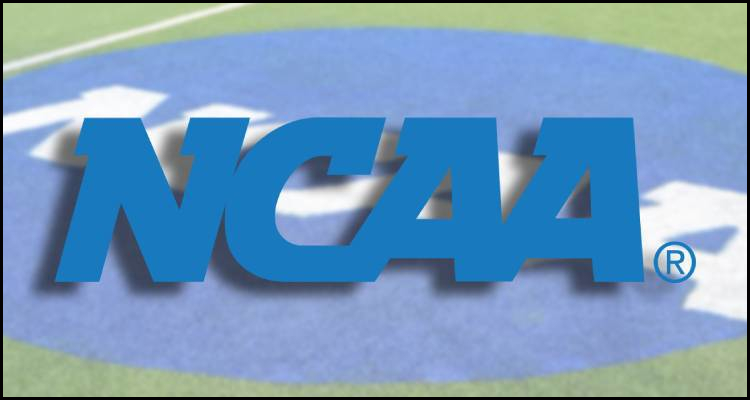In the United States and multiple suspected members of the Colombo organized crime group have reportedly been indicted by a federal court on charges that they allegedly tried to fix a National Collegiate Athletic Association (NCAA) Division I Men’s basketball game.
According to a Monday report from LegalSportsReport.com, the United States District Court for the Eastern District of New York has charged Benjamin Bifalco over a claim that he had ‘attempted to carry into effect a scheme in commerce to influence by bribery a sporting contest’. The 25-year-old NY resident was snared courtesy of evidence collected via court-ordered wiretaps and is alleged to have offered members of an unnamed college basketball team thousands of dollars in cash to throw a contest.
Associate attachment:
Legal Sports Report.com reported that Bifalco is subsequently alleged to have contacted co-defendant Joseph Amato Jr in order to ask him to place wagers on the supposedly rigged game.
In its own report, USA Today detailed that the incident is alleged to have occurred in December and moreover is thought to have seen Amato, who is rumored to be the son of a senior member of the Colombo group, send a pair of text messages to a third indicted suspect, Thomas Scorcia, so that he would be separated from ‘touching it personally’.
Enduring endeavor:
USA Today reported that sportsbetting is now legal in eleven  states while New York Police Department Commissioner, James O’Neill, told the newspaper that the investigation into this alleged scheme showed ‘our continued efforts to target and hold responsible organized criminal syndicates.’
states while New York Police Department Commissioner, James O’Neill, told the newspaper that the investigation into this alleged scheme showed ‘our continued efforts to target and hold responsible organized criminal syndicates.’
O’Neill reportedly told the newspaper…
“I thank our investigators and law enforcement counterparts whose cooperation was vital to bringing these individuals to justice.”
Regulator’s response:
For its part, the NCAA reportedly released a statement in which it referred to the Thursday indictments as evidence ‘that game-manipulation threats and risks are real and ever-present’. The organization purportedly also declared that it was ‘actively monitoring the situation’ and would ‘respond accordingly’ against anyone found to have broken its rules.



